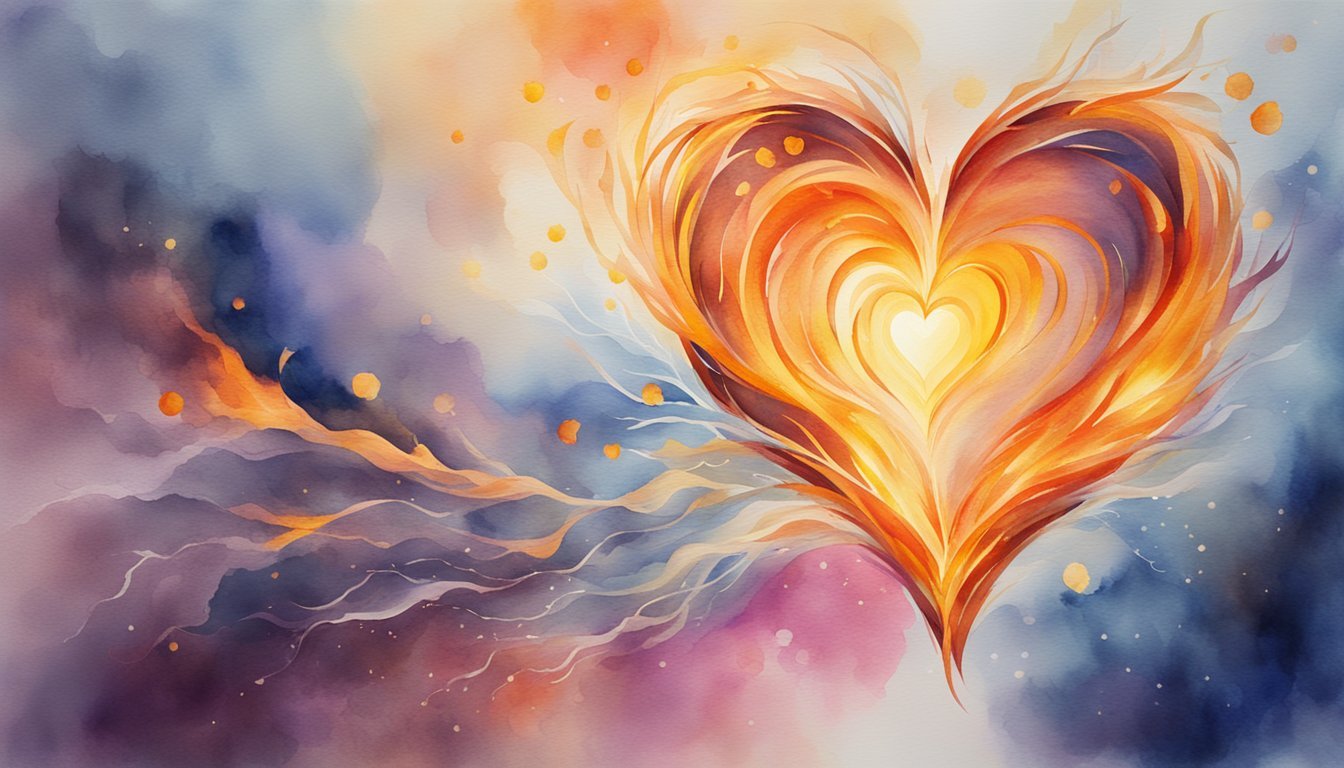The Essence of ‘Fire of Love’

‘Fire of Love’ is a touching nonfiction film that brings to life the remarkable story of two French scientists, Katia and Maurice Krafft. Their unwavering passion for studying volcanoes fueled not only their careers but their love for each other. The documentary, directed by Sara Dosa and narrated by Miranda July, showcases the love story against a backdrop of nature’s most fiery phenomena.
Katia and Maurice were known for their daring approach to capturing eruptions and volcanic activity, which they documented through stunning footage and photographs. Their work took them around the world, standing as close to the brink of active volcanoes as anyone dared, all to feed their fascination and educate the community on the powerful forces of nature.
The film weaves their personal narrative with their professional quest, offering viewers an archive of breathtaking images that the couple captured over the years. ‘Fire of Love’ had its premiere at the Sundance Film Festival, where it received widespread acclaim before heading to other significant events like the SXSW and eventually being taken to theaters across America and Canada.
The release of this documentary by Neon and National Geographic signals not just another film but a tribute to two lives lived at the edge, to the profound bond between two people, and to the legacies they left behind in the volcanic ash and in the hearts of the scientific community and audiences worldwide. The Kraffts’ devotion to their work and to each other remains a compelling testament to the power of love and obsession with the natural world.
Cultural Impact and Reception

The intersection of love and culture can impact individuals and societies in profound ways. Love’s cultural perception varies widely, with different societies expressing love through distinct social and cultural norms.
Sara Dosa, Maurice Krafft, and Katia Krafft are notable figures in the realm of volcanology – a science that often stirs passion akin to the fervor of love. The Kraffts, celebrated volcanologists, dedicated their lives to studying magma and active volcanoes. Their compelling narrative resonates with themes of obsession and adoration for the natural world.
The documentary work by filmmakers like Erin Casper and Jocelyne Chaput, backed by organizations like Sandbox Films, offers a critically acclaimed look into the lives of those passionate about volcanology. Projects supported by HBO and Netflix have brought attention to both the awe-inspiring beauty and destructive power of volcanoes. These streaming services offer a platform for TV shows and films focused on scientific adventure and human relationships with nature.
“The Fire Within” and Werner Herzog’s “Into the Inferno” are notable explorations of volcanic phenomena and their geochemists. The intuitive storytelling of these documentaries shares a kinship with the French New Wave, utilizing a poetic lens to examine our relationship with the Earth.
Through streaming, awareness and appreciation of the tenacity of scientists and the spectacle of volcanology are amplified. Platforms like Rotten Tomatoes provide a gauge for public and critical reception, influencing box office success.
Moreover, the legacy of figures such as the Kraffts and the works of filmmakers grant us film footage that captures the dangerous beauty of molten lava cascading from Mount Unzen and Mount St. Helens. These visuals leave a lasting impression, honoring the humanity of those who dedicated their lives to science and adventure.

